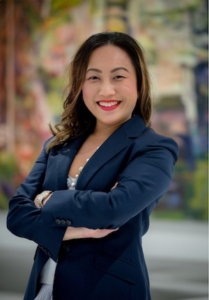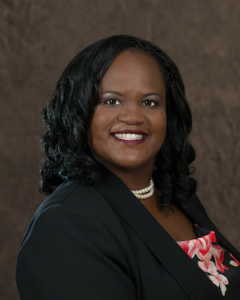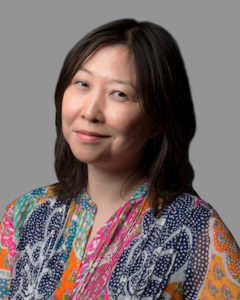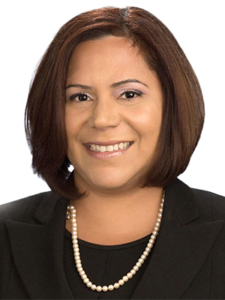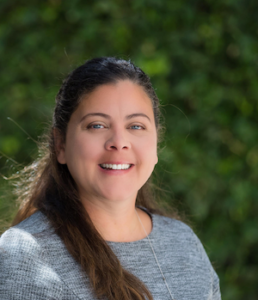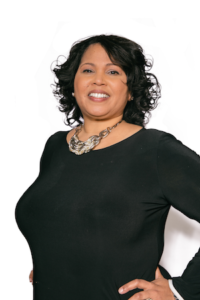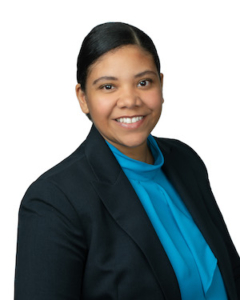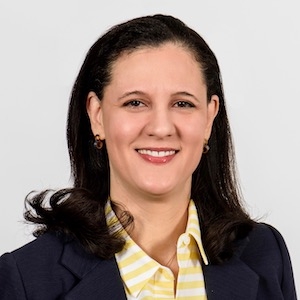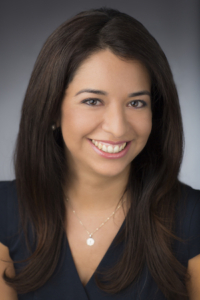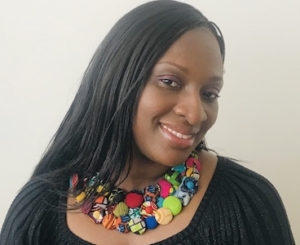 Afua Richardson-Parry had always strived to be a hands-on person, prone to learning new things in keeping with the pace of a dynamic and changing healthcare ecosystem.
Afua Richardson-Parry had always strived to be a hands-on person, prone to learning new things in keeping with the pace of a dynamic and changing healthcare ecosystem.
She didn’t set out to be a “Jill of all trades,” but rather to be adaptable and flexible. However, this drive shaped a sense of focus that sharpened when she came across a quote that really spoke to her; “Know your strength, staff your weakness.”
“That has changed my perspectives on teamwork and delegation in both ‘work’ and ‘play’ contexts,” she says. “Knowing what you’re best at and what others can and should do instead of doing it all yourself allows you to be your best.”
Keeping a Focus on Patient Needs
Richardson-Parry pursued pharmaceutical sciences because she was interested in research and exploration into how the body works and possible interventions to combat diseases. “I can say that now with almost 18 years in the industry, my desire to make an impact in healthcare has and continues to be positively fulfilled,” she says.
After earning a post-graduate research degree, Richardson-Parry began her career at the UK Department of Health – specifically the executive branch dealing with medicines regulation and licensing (MHRA). She then moved into the pharmaceutical industry, working within regulatory affairs and rising quickly into senior executive roles with increasing responsibilities.
Now a senior manager within medical affairs, compliance, governance and strategy at Pfizer, she appreciates her role as one that brings her close to healthcare professionals—and more importantly patients—through various educational initiatives. She views this as a great professional achievement – seeing the fruits of her passion for making a meaningful difference in the lives of patients through collaborative partnerships that help to optimize their health.
“I have had the privilege of working with and supporting leading experts, academics, healthcare professionals and clinicians, such as doctors, pharmacists nurses and specialists through a series of online and digital educational resources to enhance clinical practice and patient care,” Richardson-Parry said.
Working With Others to Learn More, Achieve More
Over the years, Richardson-Parry has had the opportunity to mentor and be mentored in personal and professional life settings. She has found being able to coach or encourage someone in the right direction is rewarding. Equally, being championed by fellow colleagues has tremendously bolstered her understanding of the business and corporate world. “In addition, I believe my career has progressed because of having a sense of purpose and focus. I live to better understand why I am here and what I am supposed to bring to this world. Also, having a strong conviction in my values and beliefs is just as important to me as being confident, hard-working, positive and resilient. Above all I have a personal desire for growth in every season of life.”
In addition, she cites former UN Secretary General Kofi Annan, Dr. Martin Luther King and Michelle Obama as some of her goal role models – both for their outlook on life and their sense of optimism even in the face of adversity and challenges.
Closer to home, she has found value in company networks that are designed to create a more diverse and inclusive work environment, which she finds essential for business as well as personal growth. “When women connect on professional and relational aspects, it can help ensure that they are well-represented in leadership, while having the freedom to balance family life and other social initiatives”, Richardson-Parry says.
She recently has been able to co-lead colleagues in the UK in continuous dialogue about race and ethnicity at work. She confirms that diversity and inclusion is a key focus of all levels of senior leadership at Pfizer. Through her local networks and workstreams in the UK, she joins a group of dedicated colleagues who are passionate about raising awareness about race and ethnicity at all levels of leadership.
“With a group of passionate allies, we are leading the conversation to effect lasting change so people feel confident to talk about racism and injustice, as well as create opportunities where all colleagues can thrive and progress in their careers, whilst bringing their best selves to work.”
Richardson-Parry, in collaboration with colleagues at Pfizer, continues to build lasting partnerships within academia and among clinicians through digital educational resources that may help them to manage patients with chronic disease and within the context of the current pandemic.
While she initially held the view that the corporate pharma world might tend toward being business- and transaction-driven, with little opportunity for the patient’s voice to enter key decision making, she soon learned that was far from the case. “Throughout my career in the industry and especially in my current role, I can share plenty of examples that attests to a strategy that puts patients right at the heart of everything that we do.”
by Cathie Ericson

